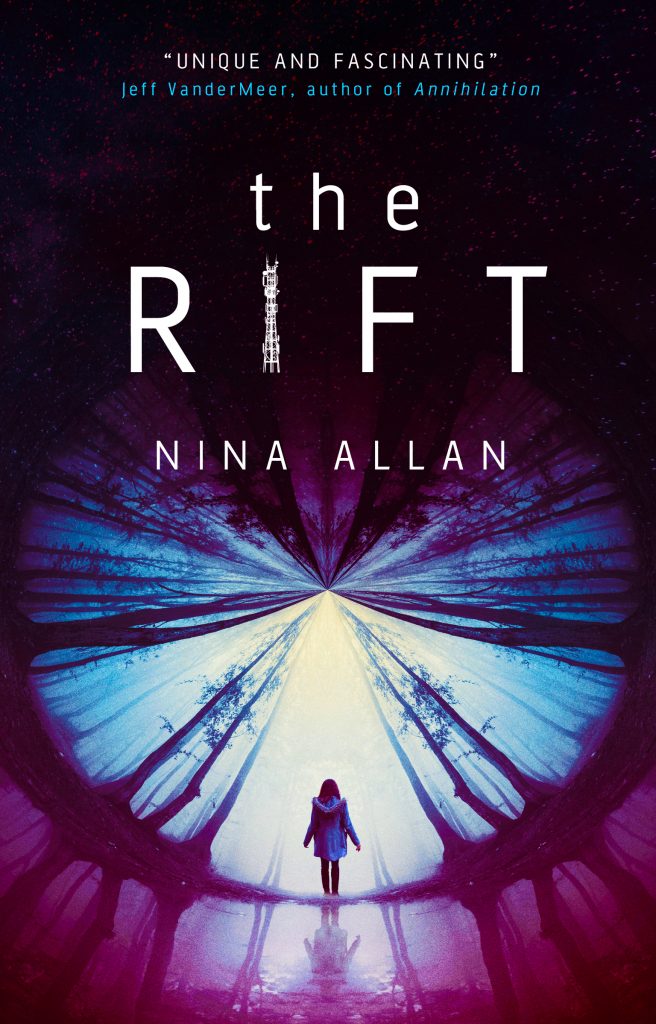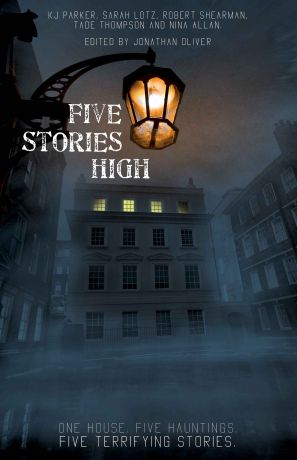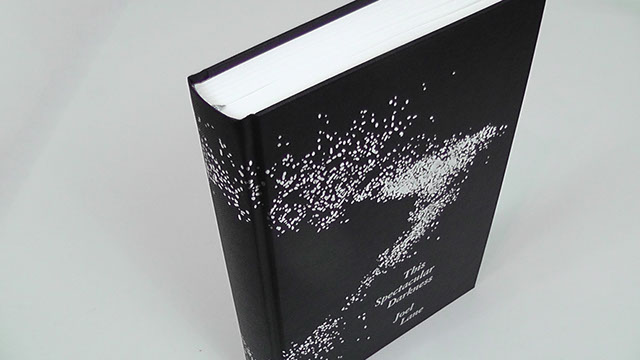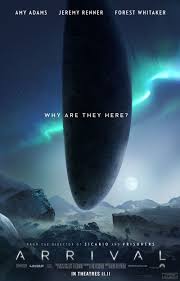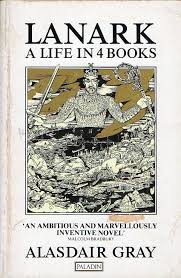The end of the year is an odd moment at the best of times, bringing with it that sense of insecurity and flux that comes with darker days and longer evenings, with the idea of passing from one delineated period of time into another. Normally it feels helpful to collate a roll-call of the best books of the year, a kind of time capsule of literature that might define the year in some way, whilst simultaneously becoming a memento of it.
2016 feels different though. The Brexit vote at the end of June served to snap the year in two, creating a decisive break with the first half and forming for many a permanent dividing line between the country, the political culture, the beliefs and systems and values they grew up with and thought they understood and the retrograde, embittered, still-colonialist-minded, defensive surveillance state we appear to be living in now. Naively perhaps, I always believed in England and the English as a haven of pragmatism. Not the most cultured nation in the world, as Isiah Berlin once said, but among the most civilised. Above all, a bastion of eccentric, streetwise, compassionate common sense.
I don’t know any more. Truly, I don’t. Among my many core reasons for voting to remain in the European Union was a lack of trust in our own irresponsibly short-termist political culture – both Labour and Tory – in its desire or ability to properly uphold and administer a sustainable and just system of human rights legislation, environmental protection, social welfare, working conditions, energy regulation, protection and help for immigrants and asylum seekers. The building blocks of a sustainable future, in other words, and the founding principles on which the very idea of a European Union is based.
None of these matters was significantly discussed by any of the key players during the run-up to the referendum. The paucity of properly engaged debate and the poisonous, hateful mendacity of what did occur are still profound griefs to me, scars on our body politic I still find it difficult to speak about without tears or rage. I hold the passive-aggressive abdication of responsibility displayed by the leader of our so-called opposition almost equally in contempt. Holding the moral high ground becomes an act of meaningless arrogance when what you’ve actually done is doom the electorate to a decade (and probably more) of Tory rule and with it the possible dismantling of whatever fragments of social infrastructure we still have left.
To have these nightmare scenarios repeated, almost beat for beat, less than six months later in the US Presidential election was an experience I might have described as surreal, in the true and original sense of the word, were the moment not so abjectly serious, so morally grievous, so actively terrifying to so many, such an incipient and ongoing threat to everyone that breathes, even those that don’t realise it yet.
I have found it difficult, these past months, to write about literature, about science fiction, even as I continue to passionately care about it. Neither have I wanted to pointlessly sound off about politics, to repeat the same things others are saying but less articulately, to dive full tilt into a situation we do not – cannot – properly understand yet. I do not personally remember the political atmosphere of this country being so charged since the fall of Thatcher – and that felt, or at least it did for a while, like a good time, a time in which positive change was not simply possible but actively on its way. These past six months have been of another order entirely, and my creative and intellectual energies have been directed towards trying to understand how I, as a writer of fiction, might and should respond. Whether work already in progress before these happenings is still relevant, still finishable, and if not, where to turn instead. That I have not worked out the answers to these questions anywhere near fully should go without saying.
Having said all that, it would feel completely wrong of me not to highlight some of the fine writing I’ve encountered this year, a year in which, hopefully, we have begun to remember the very real importance and value of writing not just as a weapon but as an act of resistance.
My favourite novels of this year have been Little Sister Death by William Gay, The Life Writer by David Constantine, The Border of Paradise by Esme Weijun Wang and Infinite Ground by Martin McInnes. It can hardly be called a coincidence that the main theme of all four is memory, its duplicity and solace. As regards more obviously SFnal works, I would like to keep my powder dry a little longer. There are plans afoot for more extended commentary on the science fiction of 2016 – more on that in the New Year – but for now I’d like to give a shout-out to Occupy Me by Tricia Sullivan and The Thing Itself by Adam Roberts, both works of genuine and far-reaching quality, literary and speculative, and an essential addition to the reading list of genre commentators.
I have always been an enthusiast for the novella form, and 2016 has brought us some fine examples. My favourite might have to be Carole Johnstone’s Wetwork, published in Black Static, a monstrous hybrid – in Johnstone’s own words – of True Detective and World War Z and (in my opinion at least) easily as good as the both of them put together. The glory of Wetwork is Johnstone’s use of language, the gnarly textures of Doric and Glasgow Scots, with Johnstone’s ear for dialogue one of the key features of her deeply felt writing. Close on its heels comes The Arrival of Missives by Aliya Whiteley, a novella I fell in love with from the moment I encountered it. A story told against the aftermath of World War One, the eerie weirdness of Missives is surpassed only by Whiteley’s sense of place, the rural hamlets and farmsteads of western Somerset where the action takes place. Shirley and Mr Tiller are unforgettable characters, and Whiteley’s ability to combine a personal coming-of-age story with a politically resonant and significant narrative is as reliable as ever. Most recently we have A Taste of Honey, Kai Ashante Wilson’s gloriously imagined, linguistically exuberant follow-up to last year’s Sorcerer of the Wildeeps. Along with Sofia Samatar, Wilson is for my money one of the most gifted and significant of the newer American writers, with his work rapidly becoming essential reading for anyone with an interest in speculative fiction. Wilson recently gave a podcast interview with Gary K. Wolfe and Jonathan Strahan of the Coode Street Podcast, with his views on literature, aesthetics, political engagement and science fiction now as thoughtful and inspiring as anything he’s put on the page. Recommended listening, definitely.
I didn’t get round to reading anywhere near as much short fiction this year as I would have liked, but that doesn’t leave me short of recommendations. 2016 saw the publication in Interzone and Black Static of four new stories by Malcolm Devlin, a writer who has been floating just under the radar until now but who is certain to win greater notice in 2017 with the publication of his debut collection by Unsung Stories. For now, I would recommend you get ahead of the game by reading the magnificent ‘Dogsbody’ and ‘The End of Hope Street’, which showcase Devlin’s understated, bleakly humorous and shiningly original writing to perfection. Devlin’s collection, like Andrew Michael Hurley’s The Loney before it, is set to become one of the decade’s landmarks of English weird, so be ready to order your copy for early next summer. Speaking of Unsung Stories, one of their editors, Gary Budden, has a story out with Galley Beggar Singles, ‘We Are Nothing But Reeds’, the poignant and unsettling tale of a young couple who try to escape the crushing demands of a life in London for the depleted and mist-laden coastline of East Anglia. Budden’s writing is sparse, terse even, but perfectly suited to the landscapes of dislocation and alienation that are his natural milieu. A new discovery for me, Irenosen Okojie’s collection Speak Gigantular is a work of rare confidence, luminous imagery and full of hidden sharp edges. There are few things that bring greater joy in reading than coming upon a talent so delightful, so penetrating, so scandalous. Okojie’s stories are magical in all the most interesting senses of that word: devious, enthralling, unexpected. I would hope and expect to see Speak Gigantular shortlisted for awards next year. Helen Marshall’s ‘One-Quarter Dreaming, Three-Quarters Want’ in Liminal Stories and inspired by a set of photographs showing the stark social conditions prevalent in post-communist Romania, has the feel of a previously undiscovered Grimm brothers tale, but with a somewhat more hopeful ending. Benjanun Sriduangkaew had a great crop of new stories out this year. My favourite is probably ‘The Finch’s Wedding and the Hive that Sings’ in Clockwork Phoenix 5, showcasing Sriduangkaew’s characteristically opulent, metaphor-rich language in a story that reminded me a little of Anna Smaill’s The Chimes, only much less predictable and more hard-hitting. Vajra Chandrasekera has also been busy in 2016, and his use of metafiction and instinctive, disruptive feel for language are always going to put his stories high on my list of favourites. Start with ‘Applied Cenotaphics in the Long, Long Longitudes’ at Strange Horizons. Also at Strange Horizons we have Sarah Tolmie’s ‘The Dancer on the Stairs’, a story that first appeared as part of her duology Two Travelers earlier in the year. Tolmie has a careful, controlled, poised style that is the epitome of elegance – a kind of literary dressage, or dancing, in fact. Her poetical investigations into human rituals, creativity and modes of belief make her fiction some of the most interesting new work around at the moment. For further insights into her process, I recommend this interview with her, conducted by Maureen Kincaid Speller.
Within the realms of non-fiction, I must again recommend Tartarus Press’s volume of Joel Lane’s essays This Spectacular Darkness, edited and introduced by Mark Valentine, which truly is essential reading for everyone with an interest in weird fiction. Sticking with the weird, Big Echo have published Jonathan McCalmont’s extended essay Nothing Beside Remains: a History of the New Weird. An invaluable resource, McCalmont’s essay not only provides in-depth analysis of key writers and key movements in speculative fiction in the first half of the 2000s, but also links to key sources – in particular the TTA discussion forums – that tracked the development of the New Weird at the time. Another invaluable resource, Geoff Ryman’s 100 African Writers of SFF for tor.com (Part 1 and Part 2) is a fascinating and essential guide to what’s new and what’s happening in Afro-SF, both on the continent and in diaspora. The only downside to these pieces is the number of books you’ll want to buy as a result of reading them! I also want to mention Grady Hendrix’s Freaky Fridays at tor.com. This ongoing series of posts, in which Hendrix dissects the more bizarre extremities of 1970s/80s horror literature, is not only a treasure trove of horror esoterica, it’s flat-out entertaining too, providing me with many laugh-out-loud moments in a year that needed every laugh-out-loud moment it could get.
Not SF, but important to me this year have been Lara Pawson’s This is the Place to Be, a memoir that manages to be anti-memoir, a slim volume that examines the problematic nature of writing about the self, about war, about falling in love with a country that is not your own. Pawson’s writing is driven, nervy, never still. I read this book in one sitting over one long train journey and it is with me still. If I were to take one book away from this year to read again and again, it would probably have to be Helen Macdonald’s H is for Hawk, which has resonated as deeply and as lastingly for me as Sarah Hall’s The Wolf Border the year before. The inevitable backlash against ‘nature writing’ has already started, and as with any genre I guess there is some self-indulgent, self-serving writing out there. H is for Hawk is neither of those things. It is tough, passionate, deeply invested in its subject matter and destined to become a classic.
Some of the best books I read this year were not published this year. Alasdair Gray’s mighty Lanark is a novel of lasting importance and genuine stature, probably the most substantial work of fiction I’ve read in some time. Adam Thorpe’s Between Each Breath is a novel I know I’ll be reading again from a writer whose excellence has yet to be fully appreciated. Andrew Miller’s The Crossing turned out to be every bit as affecting and surprising as I hoped it would be – how it wasn’t shortlisted for awards in its year of publication is beyond me. Thomas Bernhard’s The Loser contains all the frustrations, contradictions and ravishing delight of pure genius, and though I’ve come late to Alan Garner’s Red Shift, that hasn’t prevented it from being the most important-to-me book I’ve read all year.
I would like to wish everyone reading this a very happy new year, and strength, courage and renewed determination in the months ahead. We shall be rethinking, regrouping, and looking to new projects. With The Rift now safely in the production pipeline I have the first draft of a new novel written, a book that is close to my heart and that I look forward to returning to work on in the coming weeks.
Here’s to 2017 and all who sail in her. The fightback starts here.
